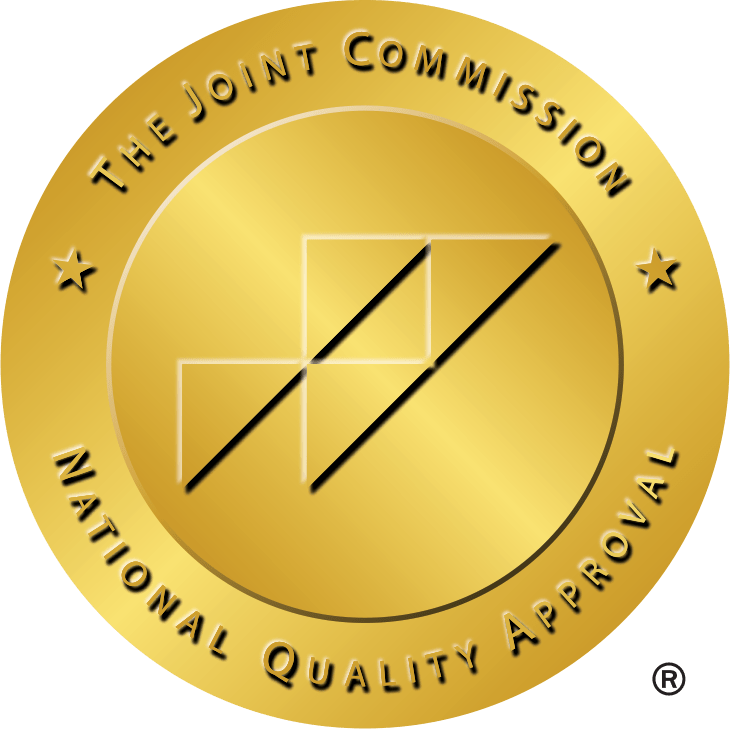Support groups serve as the cornerstone for numerous individuals, playing a vital role in their journey of personal development and healing. These groups provide valuable resources and aid, whether from family members, cherished ones, or healthcare experts, that facilitate adherence to established objectives.
Support groups serve as the cornerstone for numerous individuals, playing a vital role in their journey of personal development and healing. These groups provide valuable resources and aid, whether from family members, cherished ones, or healthcare experts, that facilitate adherence to established objectives.
Support groups are a familiar concept, often associated with their positive influence on athletes, individuals in demanding workplaces, and those on a journey of mental health recovery.
They serve as a crucial foundation for many individuals in their path of personal growth and healing.
These groups provide a wide range of resources and support, whether from family members, close friends, or healthcare experts, enabling individuals to stay committed to their goals.
Let’s explore how support groups can establish a solid groundwork that empowers individuals to take meaningful and enduring strides toward healing.
Read on to learn more!

What is a Support Group?
Support groups consist of individuals who are currently grappling with or have already made progress in overcoming specific addictions or disorders.
These groups provide a safe space for individuals to express their emotions, explore recovery strategies, and gain a sense of reassurance in their ability to heal.
The journey towards healing is not one that can be traversed alone, and support groups demonstrate that it is indeed possible, while also granting access to previously unforeseen resources.
Support groups come in various forms, ensuring that there is a suitable option for every individual’s unique situation. Some examples of these groups include:
- Mutual support groups
- 12-step groups
- Therapy groups
- Online support groups
The Impact of Support Groups
Support groups possess a profound impact that should never be underestimated. They offer solace, stability, and compassion, reassuring individuals that they are not alone in their struggles.
Loneliness stands as a significant contributor to mental health challenges and hindered recovery, but active participation in a support group can help alleviate this. Furthermore, support groups are adaptable, allowing individuals to find a schedule that suits their needs, be it weekly or daily engagements.
Here are additional advantages of support groups:
- Coping with grief/acquiring new coping skills
- A secure environment to discuss sexual identity/orientation
- Support for individuals transitioning from substance abuse rehabilitation programs
- Aid for managing anxiety or stress

Support groups operate on similar principles, whether they are organized by addiction treatment centers, community centers, churches, or local organizations.
These groups typically consist of individuals who have encountered or are currently facing similar experiences, as well as supportive family members or friends. The presence of experienced facilitators or mental health professionals can help ease any anxiety and familiarize you with the group dynamics.
Support groups follow structured processes with well-defined guidelines and rules.
Occasionally, guest speakers from various professions may be invited to provide additional insights and detailed information to aid in your recovery.
Overall, support groups offer a nurturing and pleasant environment that presents an excellent opportunity for you to make progress toward healing.
If you or a loved one is struggling with addiction or any kind of disorder, call Brooks Healing Center today to speak with one of our medical professionals so we can start you on your path to recovery.




